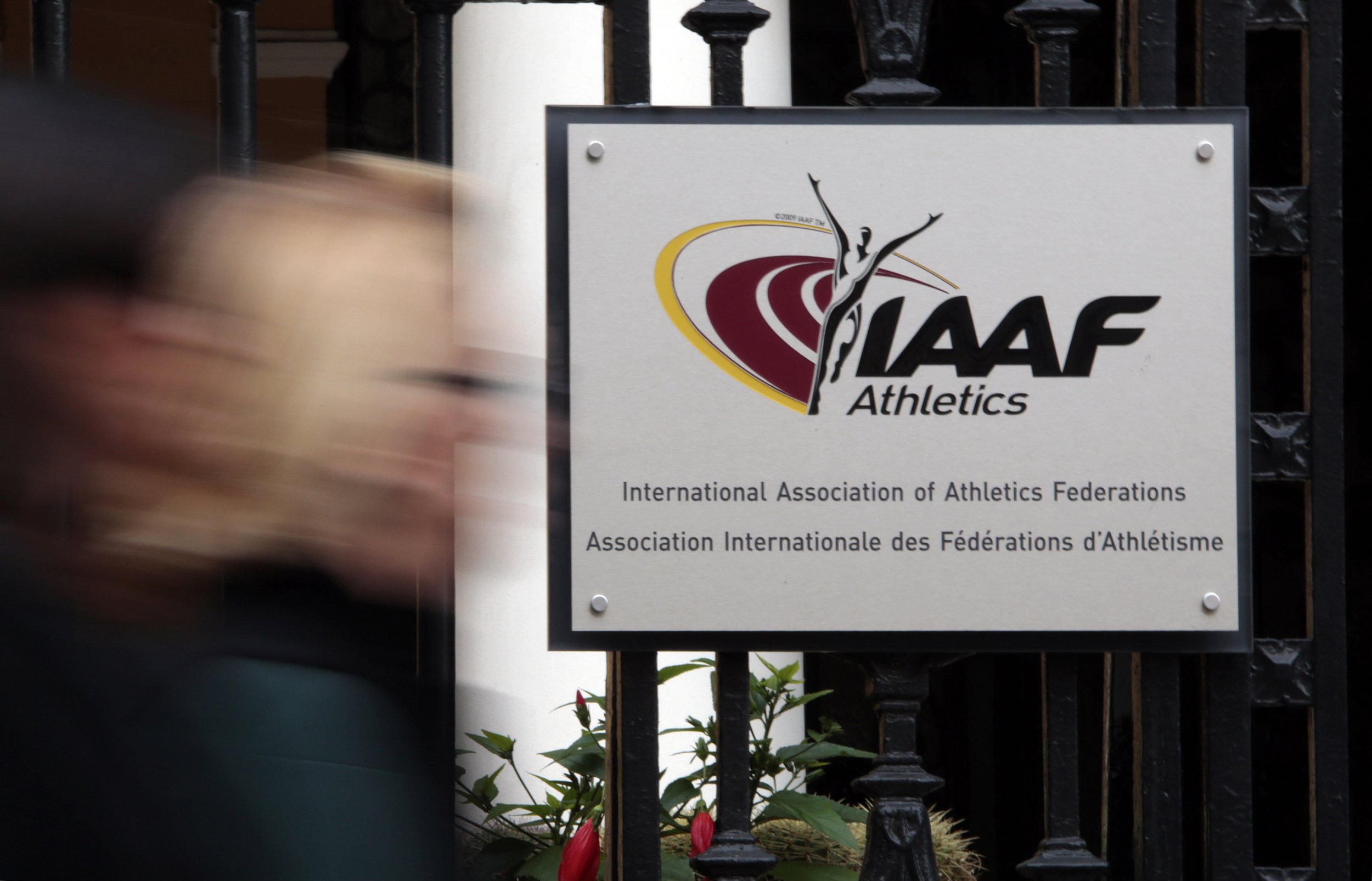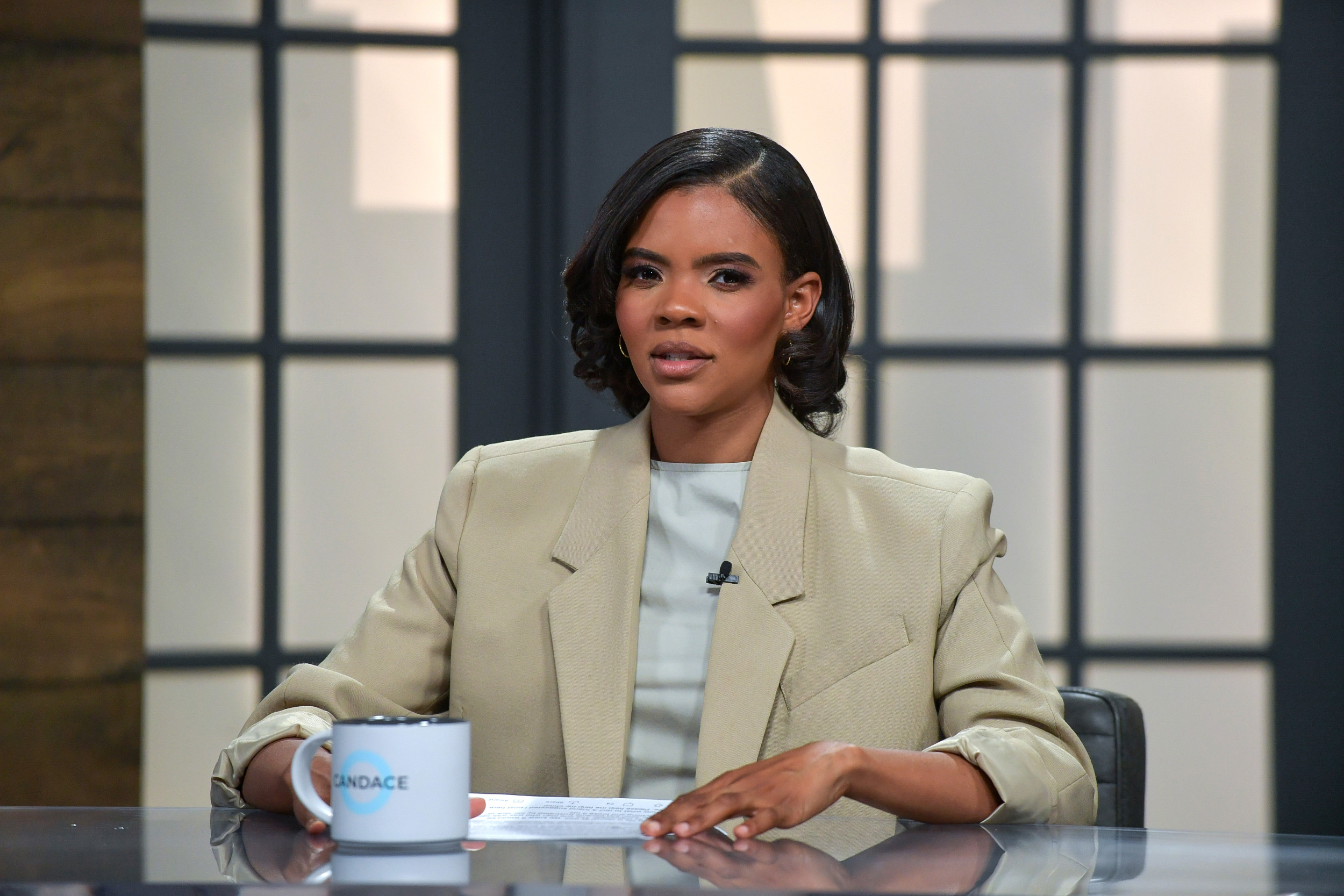
"Experience is what you get when you don't get what you want". With those words, Dick Pound defended and sealed his endorsement of International Association of Athletics Federations (IAAF) President Lord Sebastian Coe to lead what Pound called "the reputational recovery" of the organization.
It represented the start of an extraordinary 25 minutes in which Pound, who has headed up a World Anti-Doping Agency (WADA) independent commission investigating the corruption scandal that has engulfed the IAAF, became a voice that affirmed the embattled Coe, who inherited the Presidency from Lamine Diack, one of four senior IAAF officials facing criminal charges for his role in the scandal.
Only minutes earlier, Pound and fellow commission member Richard McLaren summarized their key findings relating to the alleged criminal actions and mismanagement of doping by the IAAF. This was part two of their report, and focused mainly on the criminal offences that senior IAAF officials are alleged to have committed in the process of 'managing' doping cases.
At one point, in what could have been a messaged directed at Coe, Pound encouraged the IAAF to stop the denials and deflections, and to own up to the fact that the scandal had damaged the reputation of the entire organization. Coe has denied any knowledge of the rot within the organization of which he was vice president.
Coe's denials be in Pound's crosshairs, because the written report, available here and given to Coe 24 hours earlier, and to attending media 30 minutes prior to the conference, stated unequivocally that it is "not credible that elected officials were unaware of the situation affecting Russian athletes." It also said that, "The IAAF council could not have been unaware of the extent of doping in athletics and the non-enforcement of applicable anti-doping rules."
It is difficult to believe that Coe could have remained unaware of the malpractice going on within the IAAF. Aside from his self-reported close relationship with Diack, one of Coe's closest allies within the IAAF, his chief of staff, Nick Davies, has been implicated for his direct involvement in the doping cover-up.
This is not a case of suggesting that Coe should pay the price for the sins of his predecessor. The WADA report made it abundantly clear that the majority of the active corruption was done by Diack, IAAF head of anti-doping Gabriel Dolle, legal adviser Habib Cisse and treasurer Valentin Balakhnichev. And it is perfectly reasonable to suggest that Coe did not know the full extent of their behavior.
That is not the issue here, however. The problem is how the IAAF has handled the situation since the first ugly truths emerged. What WADA made clear is that knowledge of these activities extended deeper into the organization than Coe wanted to acknowledge. Did IAAF council members turn a blind eye to their own organization's abdication of one of their core roles as overseers and protectors of athletics?
Therefore, is the perception now that the sport will continue to do the bare minimum to pacify those who need pacifying? Did the IAAF prioritize the public perception, the money and the protection of cheats before they prioritized clean sport for honest athletes?
Ultimately, the contradiction between what Pound signed off on in black and white, and his endorsement of Coe, will steal the headlines. Pound's ultimate position, which was revealed only in the question session after the initial brief summary, seemed to be that the IAAF council knew, that it was complicit in its silence, but that one of the most senior figures should be excused and is perfect to lead the recovery.
Coe has, following the report, admitted that he now presides over a failed organization. Public scepticism, which is rapidly becoming cynicism, will now be directed at the future of the sport, with Coe at its helm.
Pound spoke of experience being the result of not getting what you want. That is likely to be scant consolation to athletes, fans and those who want a clean, credible sport. Their experience has been, and threatens to be, an entirely undesired kind.
The author is Professor of Exercise Physiology, Free State University. South Africa
Uncommon Knowledge
Newsweek is committed to challenging conventional wisdom and finding connections in the search for common ground.
Newsweek is committed to challenging conventional wisdom and finding connections in the search for common ground.
About the writer
To read how Newsweek uses AI as a newsroom tool, Click here.








